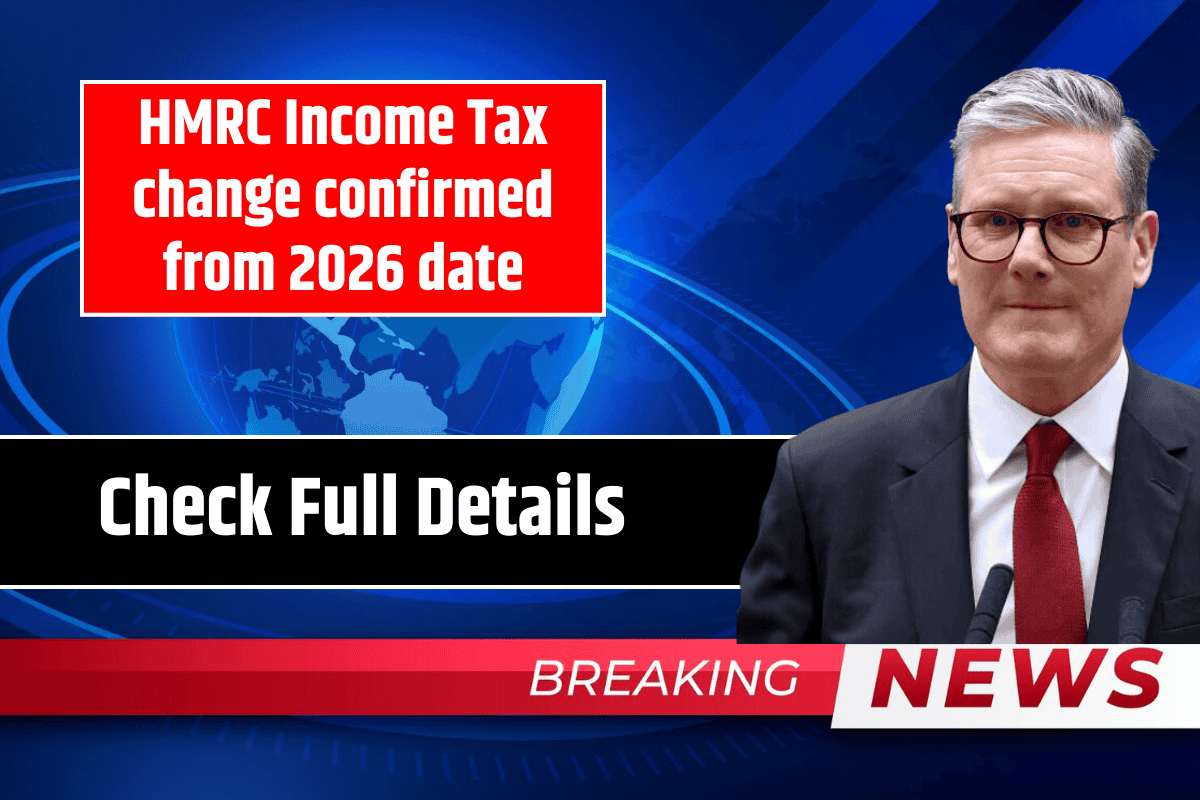A major change is coming to the way self-employed people and landlords pay tax in the UK. From April 6, 2026, those earning over £50,000 a year will need to follow new digital rules under the Making Tax Digital (MTD) system. This update has been confirmed by HM Revenue and Customs (HMRC).
What is Making Tax Digital (MTD) for Income Tax?
Making Tax Digital is a government plan to modernise the tax system. Instead of waiting until the end of the year to send tax returns, people will have to use digital software to record income and expenses throughout the year. These digital records will be submitted to HMRC every three months.
This change is expected to save time, reduce paperwork, and help individuals avoid last-minute tax stress. It also allows better financial planning as income and expenses are tracked more regularly.
Who Will Be Affected by This Change?
From April 6, 2026, anyone with a qualifying income of more than £50,000 will need to follow MTD rules. Qualifying income includes total earnings from self-employment and property before deducting any expenses or tax-free allowances.
If your income is between £30,000 and £50,000, you will be required to follow MTD starting from April 2027. The income threshold will drop even further to £20,000 from April 2028. So, over time, more people will be included in this digital system.
HMRC says nearly 780,000 people will be affected in the first phase in 2026, and another 970,000 will follow in 2027.
What Do You Need to Do?
If you’re a sole trader or landlord and your income is over the threshold, you’ll need to:
- Keep all tax records digitally using MTD-compatible software.
- Send quarterly updates to HMRC showing your income and expenses.
- Submit a final statement at the end of the year to confirm your tax position.
HMRC is encouraging people to join a testing programme available on the GOV.UK website. This will help users get used to the new process before it becomes mandatory. Agents and accountants can also register clients for this early testing programme.
Why Is This Change Important?
This is the biggest change to Self Assessment tax rules since they were introduced in 1997. According to HMRC’s Craig Ogilvie, MTD will make it easier for people to manage their taxes correctly and pay the right amount.
James Murray MP, from the Treasury, said this step is part of the government’s wider “Plan for Change,” aimed at boosting the economy and helping businesses grow. By switching to real-time digital tax records, businesses can manage their finances better and avoid tax-time stress.
From April 6, 2026, sole traders and landlords earning over £50,000 will need to follow new MTD for Income Tax rules. This means keeping digital records and submitting quarterly updates to HMRC. Those earning over £30,000 will be included from 2027, and later from £20,000 in 2028. This change is designed to make tax reporting simpler, quicker, and more accurate. It’s a good idea to start preparing now and join the testing programme if you’re eligible. By doing so, you’ll be ahead of the curve and ready for the UK’s future digital tax system.
FAQs
What is Making Tax Digital (MTD) for Income Tax?
MTD for Income Tax is a new system where self-employed people and landlords must keep digital tax records and submit updates to HMRC every three months.
Who needs to use MTD from April 2026?
From April 6, 2026, sole traders and landlords with qualifying income over £50,000 must follow MTD rules.
What is qualifying income under MTD?
Qualifying income means total income from self-employment and property before deducting any expenses or allowances.
What happens if my income is less than £50,000?
You’ll be required to follow MTD rules later – from 2027 if earning over £30,000, and from 2028 if over £20,000.
How can I prepare for MTD?
You can sign up for HMRC’s testing programme on GOV.UK and start using MTD-compatible software for practice.
